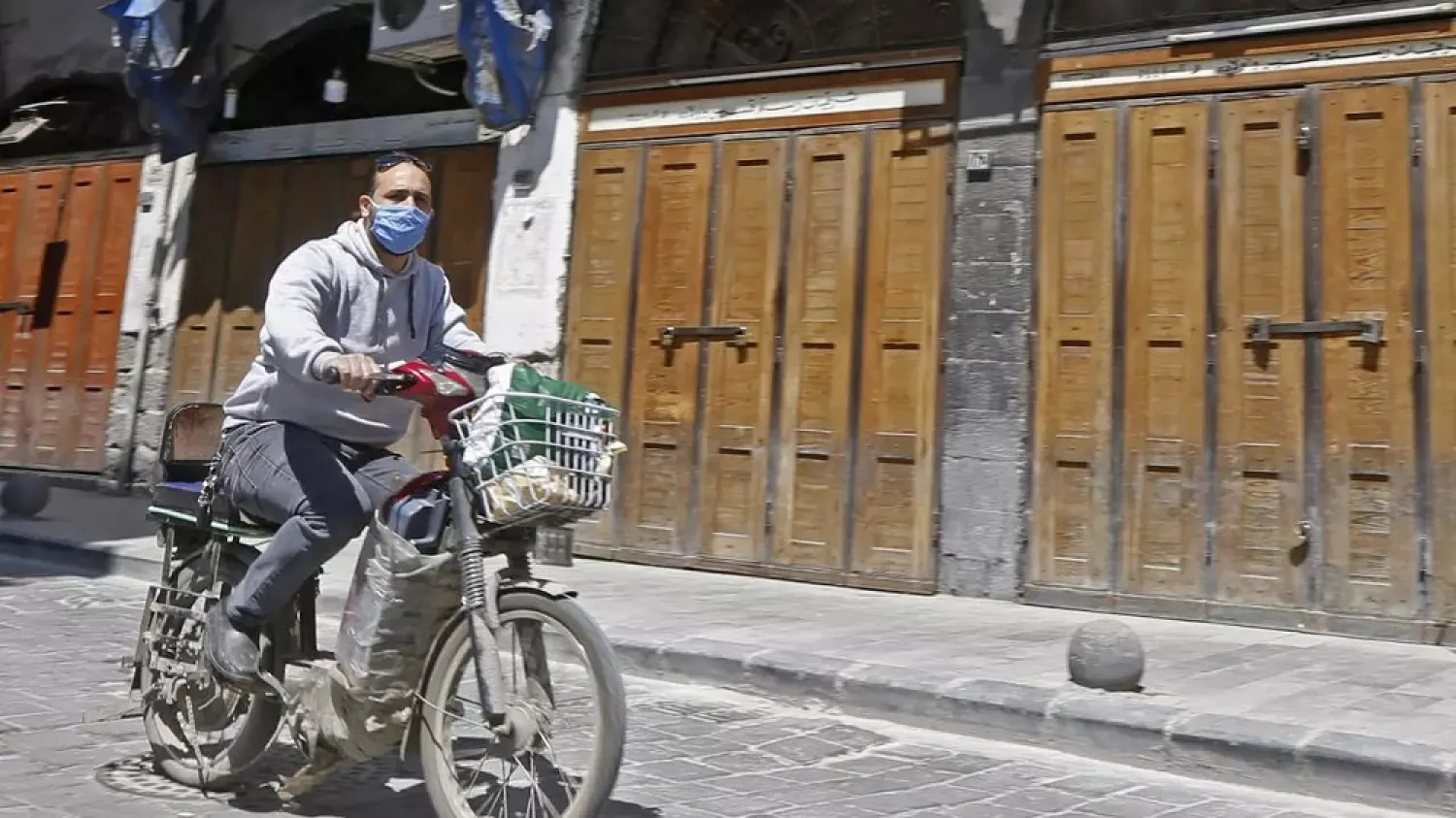The Syrian Health Ministry warned on Monday that it has registered a spike in coronavirus infections and a rise in hospitalized cases.
The spike demands a greater commitment to precautionary measures, especially as countries are grappling with new variants of the virus, it said in a statement.
Meanwhile, authorities have continued their COVID-19 inoculation drive. The second day of the campaign saw the vaccination of frontline health workers.
Last week, Syrian officials said Damascus had received vaccinations from a “friendly country” that it did not name.
On Monday, Health Minister Hassan Ghobash told the Syrian national news agency, SANA, that the most vulnerable groups will be vaccinated, including health workers at isolation centers, and priority will be given to the elderly due to limited supplies of the doses.
He underlined the need for people to comply with the preventive measures, especially wearing masks and social distancing, as they have proven to be most effective in curbing the pandemic.
Syria has witnessed a spike in infections. It confirmed 15,642 cases, 1,032 fatalities and 9,880 recoveries.
Few days ago, former Dean of the Faculty of Medicine at the University of Damascus, Dr. Naboug al-Awa had warned of a third COVID-19 wave in the country and said the high number of daily infections is possibly linked to the spread of a new variant.
However, Essam Amin, director of Damascus' Mowasat Hospital said there is no clinical information proving that a new variant was spreading in the country.
He said the rise in infections may be linked to the cold weather, which is forcing people to stay indoors.
Meanwhile, the Sweida health directorate said it registered an increase in infections, the third such spike since the outbreak.









